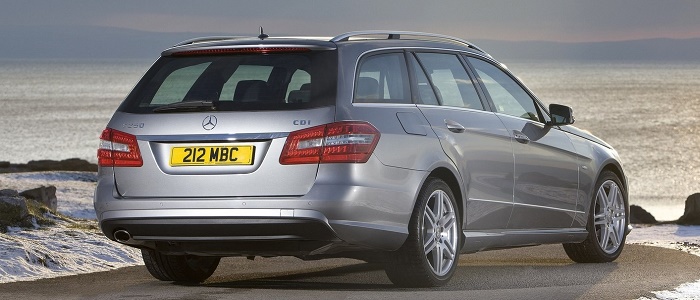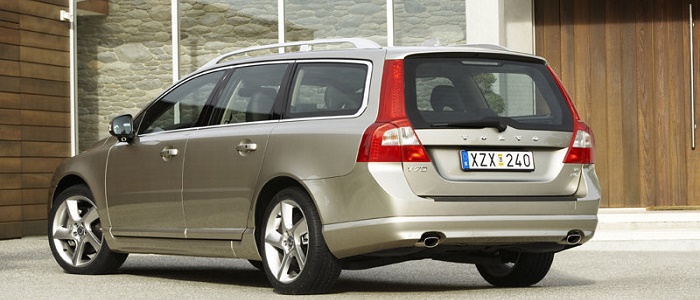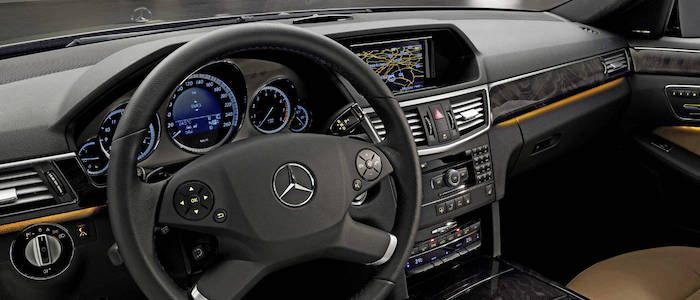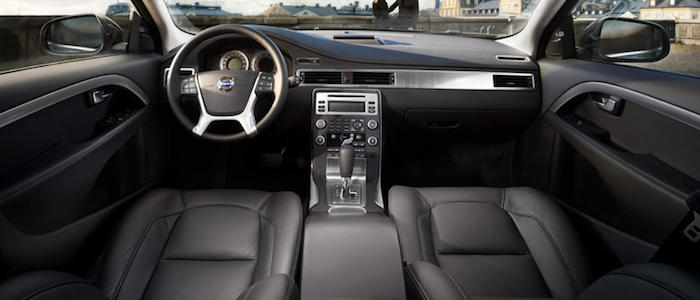Compare two cars
Compare any two cars and get our Virtual Adviser™ opinion
Marketing
Dimensons & Outlines
Engine
2.1 OM651 DE22 LA
2.0 DW10 BTED4 / RHR
Performance (manual gearbox)
Performance (automatic gearbox)
Expenses
Virtual Adviser's™ opinion
Two significantly similar cars, no doubt about that. Still, each one has something different to offer. Having both cars powered by diesel engines and utilizing the 5-door wagon body style within the same 'Luxury car' segment, the only major difference here really is their wheel drive configuration (rear for the Mercedes Benz and front in the case of the Volvo). The first one has a Mercedes Benz-engineered powertrain under the hood, a 4-cylinder, 16-valves 170hp unit, while the other one gets its power and torque from a 4-cylinder, 16-valves 136hp engine designed by Peugeot.
SafetyThe first thing to look into here would be the results from European New Car Assessment Programme (Euro NCAP) tests performed on the two cars. Good thing is that both vehicles got tested, with the same number of safety stars gained in the process. Moving further on, let's take a closer look at some additional safety-related facts. Both vehicles belong to the luxury car segment, which is generally a very good thing safety-wise, but it doesn't do much to help us decide between the two. Furthermore, if we'd like to consider vehicle mass in this context too, which we definitely should, the German car offers a considerable difference of 12% more metal.
ReliabilityI don't like generalizing things when it comes to reliability, although it does seem that Volvo does have a slight advantage, at least on all of the models level. These are the official statistics, while our visitors describe reliability of Mercedes Benz with an average rating of 4.4, and models under the Volvo badge with 4.6 out of 5. Independent research findings rank E as average reliability-wise, and V70 is more or less at the same level.We should definitely mention that owners of cars with the same powertrain as the German car rank it on average as 4.5, while the one under the competitor's bonnet gets 4.2 out of 5.
Performance & Fuel economyMercedes Benz is undoubtly more agile, reaching 100km/h in 2.3 seconds less than its competitor. In addition to that it accelerates all the way to 218 kilometers per hour, 18km/h more than the other car. When it comes to fuel economy the winner has to be the German car, averaging around 5.2 liters of fuel per 100 kilometers (54 mpg), in combined cycle. We can't ignore that 13% difference compared to the Swedish car.
Verdict
Volvo appears just a bit more reliable, although the difference is truly marginal. The most important thing when deciding between any two vehicles should always be safety, both passive and active. In my opinion, everything taken into account, the German car offers significantly better overall protection, taking the lead here. It all continues in the same direction, with Mercedes Benz being considerably quicker, thus putting more smile on driver's face. To make things even better, it consumps less fuel! All together, there's not much more to say, in this case I wouldn't even consider anything but Mercedes Benz. Anyway, that's the most objective conclusion I could've came up with and it's based solely on the information found on this website. Aspects such as design, practicality, brand value and driving experience are there for you to measure them out. I suggest you spend two more minutes in order to find out which car, based on your needs and budget, would be picked by the virtual adviser™, among more than 12.000 different ones in our database.


































